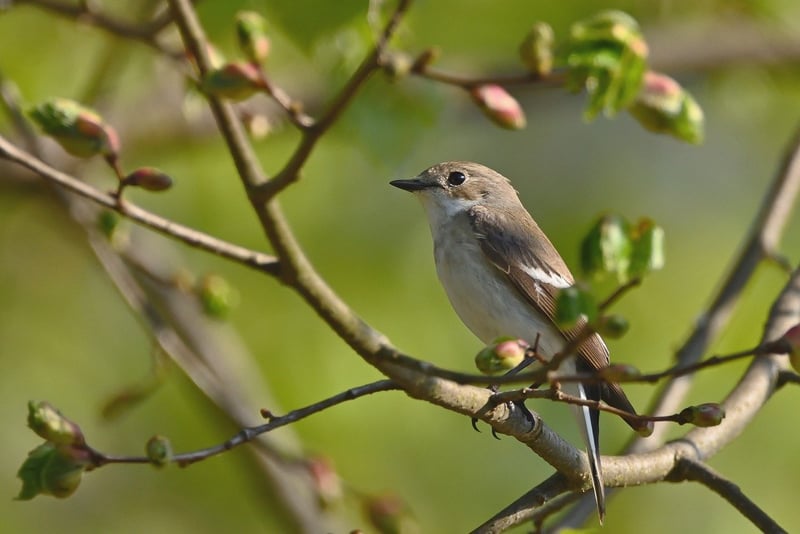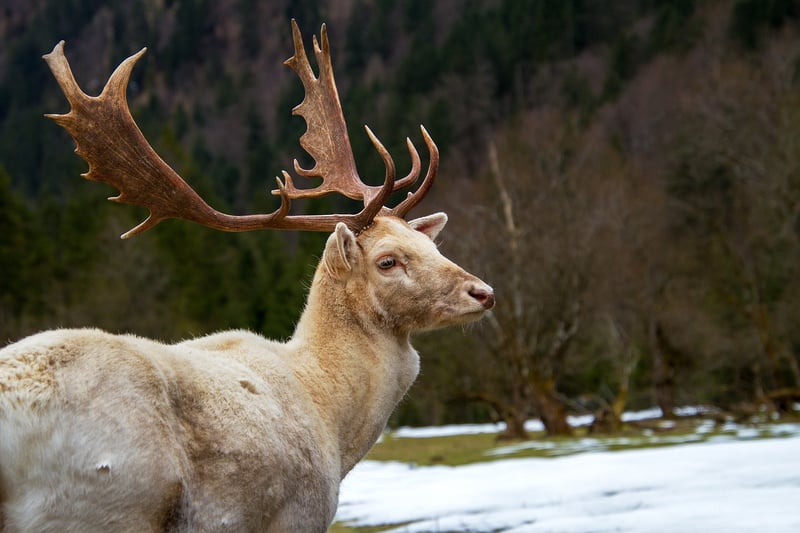Wildlife Conservationist
The Path to Becoming a Wildlife Conservationist
Are you passionate about wildlife and the environment? Do you dream of making a difference in the conservation of our planet's precious species? If so, a career as a wildlife conservationist might be the perfect fit for you!
What is Wildlife Conservation?
Wildlife conservation is the practice of protecting and preserving wild animals, plants, and their habitats. It involves studying and implementing strategies to ensure the survival and well-being of various species in their natural environments.
Steps to Become a Wildlife Conservationist:
- Educational Background: Pursue a degree in biology, ecology, environmental science, or a related field.
- Gain Field Experience: Volunteer or intern with wildlife organizations, national parks, or research institutions to gain hands-on experience.
- Develop Specialized Skills: Acquire skills in data analysis, research methodologies, and fieldwork techniques.
- Network: Connect with professionals in the field, attend conferences, and join conservation groups to expand your network.
- Further Education: Consider pursuing a master's degree or Ph.D. for advanced opportunities in research and leadership roles.
Role of a Wildlife Conservationist:
As a wildlife conservationist, your responsibilities may include:
- Conducting research on endangered species
- Developing conservation plans and initiatives
- Monitoring wildlife populations and habitats
- Educating the public about conservation efforts
- Advocating for wildlife protection laws and policies
Challenges and Rewards:
While a career in wildlife conservation can be challenging due to environmental threats and limited resources, the rewards of making a positive impact on the planet's biodiversity are immeasurable. Every effort to protect a species or restore a habitat contributes to the greater cause of conservation.
Get Involved!
If you're interested in pursuing a career as a wildlife conservationist, start by getting involved in local conservation projects, joining wildlife societies, and staying informed about current environmental issues. Together, we can work towards a sustainable future for wildlife and our planet!

Remember, following your passion for wildlife conservation can lead to a fulfilling and impactful career dedicated to preserving the beauty and diversity of our natural world.
Join the movement and become a voice for the voiceless!
